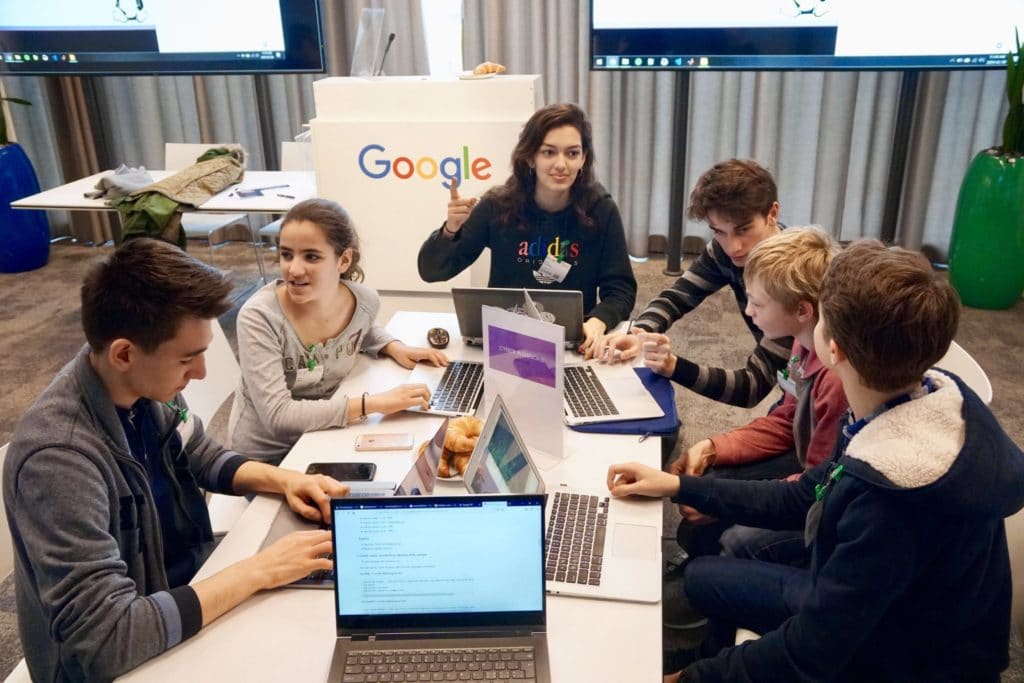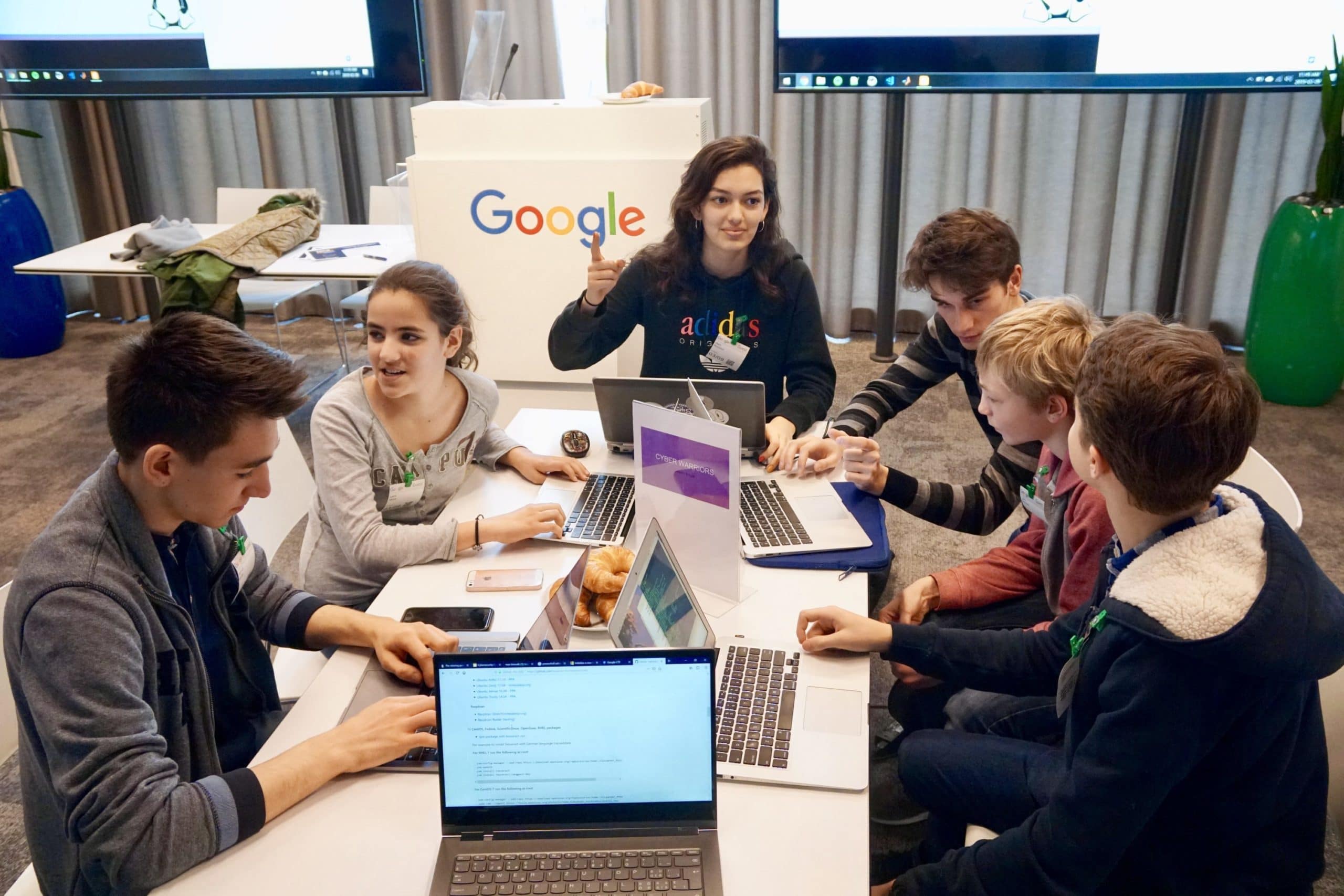Why do teens need to be more Cyberaware?
Most teens have smartphones and computers these days, they are constantly online – whether it’s checking their timetable and homework assignments, chatting with their friends, checking and updating their social media profiles or following the news. According to a 2018 Pew Research report, 95% of teens in the USA have smartphones and 45% admit to being constantly online.
Another report by OFCOM also suggests that teenagers are more tech-savvy than average adults, which may be impressive on some levels but it also begs the question ‘How much control do they have over their digital lives?’
Tech-savvy or not, most teens are acutely unaware of the power and intentions of the algorithms powering their devices. Much like they are largely unaware of digital profiling and how their every Instagram/TikTok/Snapchat post, ‘Like’ or comment is a building block for their digital person. They shrug it off with a casual “So what? I don’t care.” – until they do care. Until they become a target or a victim of cybercrime.
But why should teenagers, in particular, be concerned about Cybersecurity, when in fact, anyone can become a victim of cybercriminals, especially on the Dark web?
Is your teen safe online?
Cybersecurity indeed has no age limits. However, another study by Pew Research shows that two-thirds of US parents said that parenting is more challenging than it was 20 years ago. They cite technology and social media as the leading cause of these challenges.
In summary, parents are finding that teens’ online activity makes it harder to guide them and monitor them
There are numerous examples of how teenagers can fall prey to malicious actors online, from cyberstalking to cyberbullying, and from phishing e-mais to data theft. Parents are generally well aware of these threats but do not always have the tools to prevent them.
Our objective at TechSpark Academy is to raise cybersecurity awareness in an interactive and engaging matter, by showing students how cybercriminals operate. Our Hacker Mode course allows students to step into the shoes of hackers and tackling security puzzles, while also educating them about the ethics of cybersecurity. This process allows teens to evaluate their own vulnerabilities and subsequently adapt their online behavior to better manage the risks.
Hack @ Google Events
Twice a year, we team up with Google in Zurich to host a teen Hackathon weekend, where participants are exposed to the latest cybersecurity threats in a controlled environment. Students have an opportunity to learn about ethical hacking, security developments and career opportunities at Google – all while competing in a fun, engaging hackathon with the support of Google’s network security experts and TechSpark’s experienced ETHZ and EPFL instructors.





